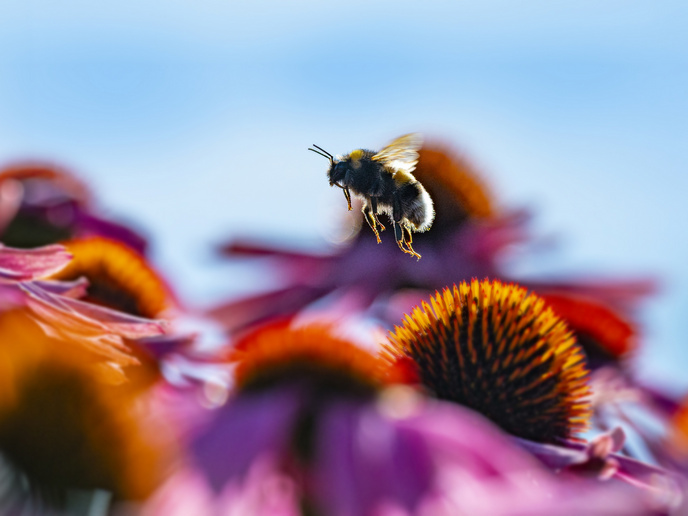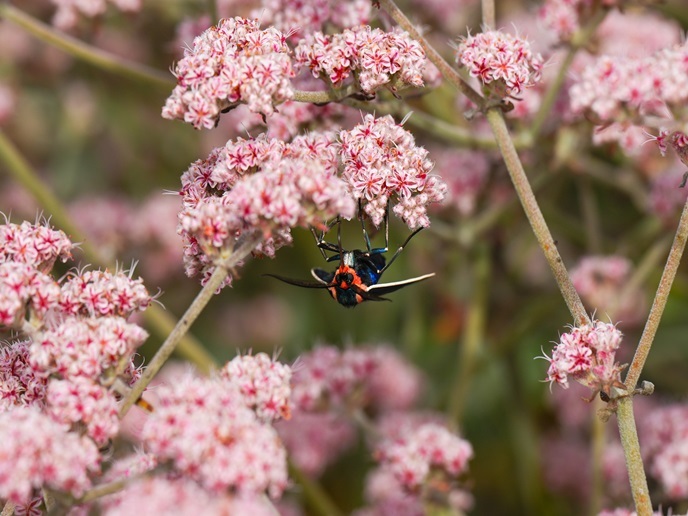Sweet sustainability for European sugar industry
Sugar can be produced from either sugar cane or sugar beets. Growing conditions in Europe are suited to sugar beets, but cannot support sugar cane. In order to remain competitive in the global market, Europe needs to produce its sugar in the most economically, environmentally and socially sustainable way that it can. Industry and academia combined forces in the 'Towards sustainable sugar industry in Europe' (Tossie) project to stimulate a constructive dialogue on this subject. Funding from the EU was used to organise three thematic workshops throughout Europe and to which all stakeholders were invited. Roundtable discussions evolved from simple information exchanges at the first workshop to in-depth analyses of specific issues at the second and third workshops. The events were well attended, and not only by representatives from EU Member States but also from Candidate Countries and third countries. Technology developed during recent research and technology development (RTD) projects can and is contributing to reducing the environmental footprint and costs of sugar production while at the same time enhancing product safety. Both engineering and management aspects should also continue to be top priorities in the Seventh Framework Programme (FP7). It is also imperative that the entire value chain be put under the microscope. Only then can the use of raw materials be exploited to the fullest, such as converting by-products into renewable fuels thereby contributing to Europe's climate change targets. The network established during the Tossie workshops will continue to play an important role as Europe reviews and revamps its sugar industry.







